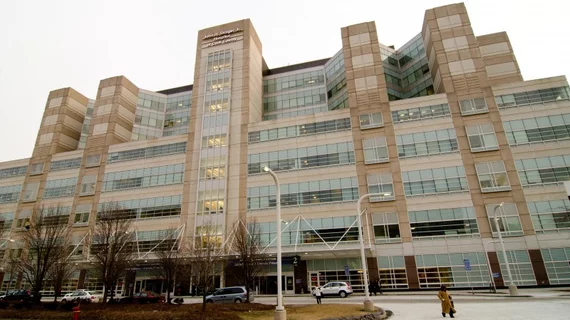Billing, clerical errors cost Illinois' Cook County hospitals $165M
Cook County Health and Hospitals System in Illinois, one of the largest public hospital systems in the U.S., lost an estimated $165 million in revenue over the past three years to mistakes by employees.
The report from the county’s inspector general pinned much of the blame on the system’s bureaucracy, citing “a significant number of registration clerks, coders and billers who do not possess adequate self-motivation or the required skill sets and knowledge base” to do the jobs they’ve been assigned.
The hospital system didn’t dispute that money had been lost, only the exact amount. Its estimate to the Chicago Tribune pegged the lost revenue at between $79.5 million and $132.5 million. Both the inspector general and the hospitals agree part of the problem is a change in what patients come to county-owned facilities. Since the ACA, the hospitals are seeing more insured patients rather than primarily uninsured or Medicaid patients.
That led to confusion over insurer claims. For example, hospital schedulers need to use a different “financial identification number” for each patient’s visit, but often chose to use an old number—thus leading to “a significant number of claim denials.”
Cook County Commissioner Sean Morrison said the blame for the “lack of concern and a lack of training” had to fall on hospital leadership.
“It’s up to senior management to create a culture of accountability,” Morrison said. “Right now, the evidence is that it doesn’t exist.”
Read more at the link below:

